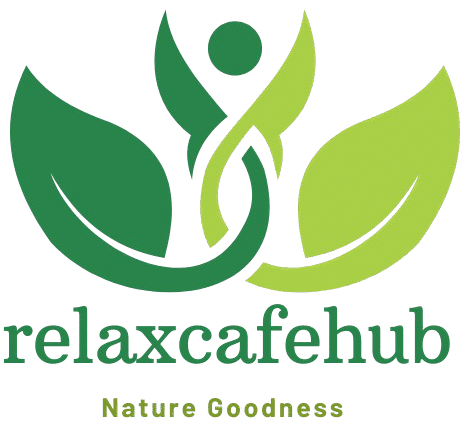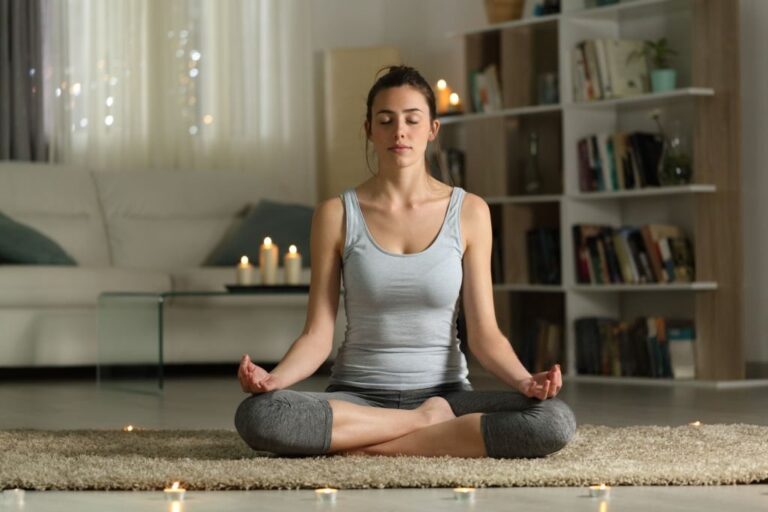A Simple Guide to Meditation for Everyday Life
Are you feeling stressed or anxious for some reason? Meditation can help you settle down. This activity is all about finding moments of peace in your busy day. It’s super easy and free, doesn’t require special tools, and you can try it anywhere. Whether you’re stuck in traffic, walking in a park, or sitting at your desk, meditation can help you recharge.
Why Meditate?
Meditation has been used for thousands of years to improve your present moment and reduce stress. When it comes to science and the brain, it offers benefits for both. By focusing your attention and calming mental clutter, meditation helps you:
- First, relax and let go of stress.
- Get a perspective on stressful situations.
- Develop self-awareness and creativity.
- Improve sleep, patience, and emotional balance.
- Lower heart rate, blood pressure, and relieve negative emotions.
Even short sessions can create ripple effects, which help you stay calmer for longer.
.
How to Start
Meditation isn’t about completely emptying your mind – it’s about training it to focus. How to get started:
1. Find Your Focus
Breathe: Close your eyes and repeat your breaths. Let the air flow in and out. If your mind wanders, gently return to your breath.
Repeat this: Choose a calming word or phrase (such as “peace” or “I am calm”). Repeat it silently to help you focus your thoughts.
Body scan: Slowly move your attention from your fingertips to your head, noticing the sensations without judgment.
2. Choose a comfortable place
Sit, lie down, or even walk. Keep your posture relaxed.
Start with 3-5 minutes a day. Gradually increase as you feel ready.
3. Let Go of Judgment
Thoughts will wander – this is normal! Acknowledge them, then return to your focus. There is no “wrong” way to meditate.
Types of Meditation to Explore
Different people have different styles. Experiment to see which clicks work best for you:
Guided meditation: Use apps or videos to visualize calming scenes.
Mindfulness: Be present by focusing on your breath, sounds, or body sensations.
Movement-based: Try yoga, tai chi, or slow walking, paying attention to each step.
Loving: Send positive thoughts to yourself and others
Meditation for Health & Wellness
Research shows that meditation can help manage symptoms of anxiety, chronic pain, depression, and more. However, it is not a substitute for medical care — think of it as a supportive tool. Always consult your doctor if you have health concerns, as meditation may not be appropriate for certain mental health conditions.
Make It Your
It’s easy to do: You can try it while you’re in the shower, or while you’re drinking tea, or during a break at work.
Use technology: There are now apps that offer guided sessions, like Headspace or Calm.
Pair it with rituals: Consider journaling after an inspiring quote, prayer, or meditation.
Final Thought
Meditation is a great practice, not a performance. Some days you will find it a little harder than others, and that’s okay. Over time, you will develop flexibility and discover what works best for you. Meditation is a gift you can give yourself anytime, anywhere, whether you’re seeking peace, clarity, or a moment of pause.







